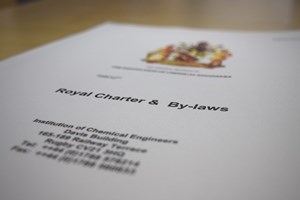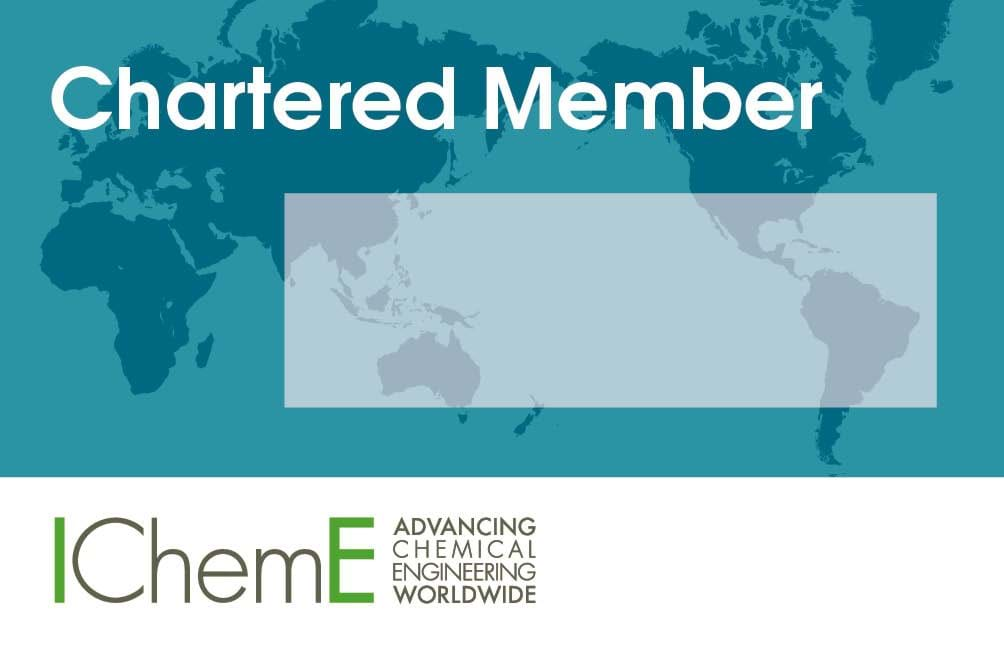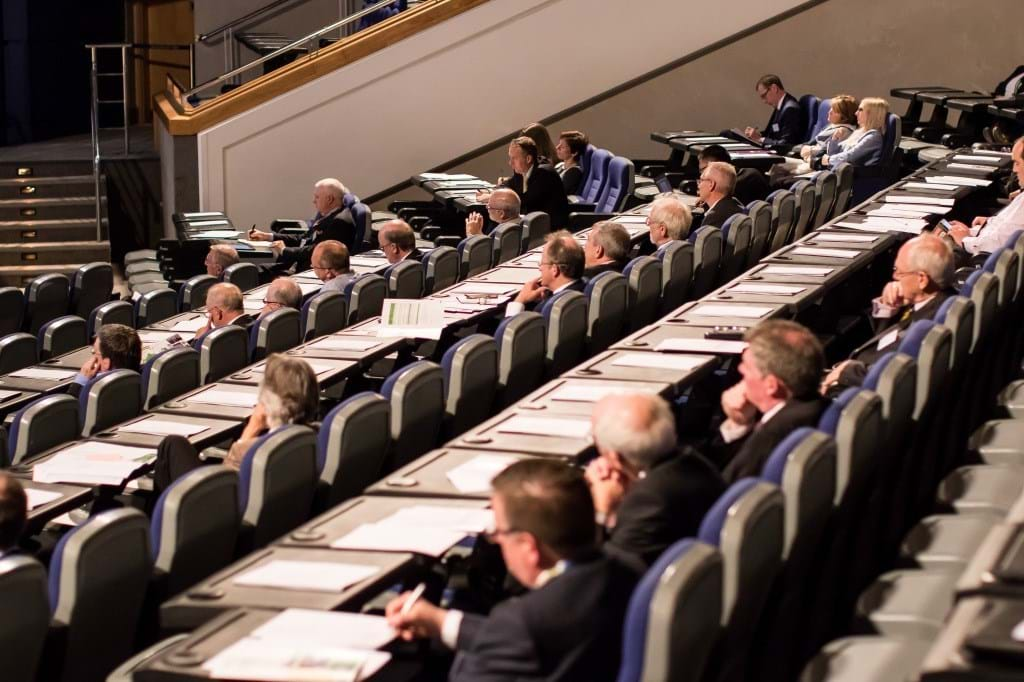EGM Update for IChemE Members
28th November 2017

The President and Council are grateful for the many messages of support that have been received from different parts of the IChemE community around the world.
Naturally, an EGM calling notice has prompted a range of questions. We aim to address these in today's update, and will continue to post answers via the IChemE's blog as questions come in to us. If you have a question on the EGM, please send it to communications@icheme.org.
Members have asked about the consequences of the 'no confidence' motion (Motion 2) being passed.
The motion states: “We the undersigned members no longer believe that the Institution of Chemical Engineers represents the wishes or interests of the majority of its members."

Following appropriate advice, our Chief Executive, Jon Prichard has concluded that the motion, submitted by Eur Ing Keith Plumb FIChemE, conflicts with the Royal Charter, which sets out IChemE’s charitable objects, and provides our authority to qualify Chartered Chemical Engineers.
You can read Jon Prichard's statement on our Royal Charter and charitable status here.
While it is important to note the request for "representation of the wishes and interests of members", such a request is incompatible with the Privy Council's requirements for Chartered Bodies, which requires us to act in the public interest. Our Institution serves the public interest by assuring and maintaining member competence.
IChemE is also a UK registered charity for the purposes of advancing education and therefore must comply with the requirements of the Charities Act 2016. This clearly states that the charity must deliver public benefit, and that any member benefit is purely incidental.
If members wish for their Institution to remain as a registered charity that advances education, and as a Chartered Body that can award Chartered Chemical Engineer status, then they cannot support a motion that seeks to place a higher priority on their own interests.
Therefore, Council urges all members to vote for Motion 1, and against Motion 2.
Motion 1 sets out the positive case for continuity, and focus on IChemE’s successful programmes, as part of the strategy towards our centenary in 2022 and beyond. This includes a thorough review of our governance with a clearly stated ambition to improve accountability, representation and transparency.

Our task, whilst safeguarding our Royal Charter and maintaining our charitable status, is to enhance member involvement in decision-making. We want to sustain the momentum behind the initiatives that form part of Strategy 2022.
The two motions tabled are not mutually exclusive. Our By-laws permit this. Members may vote in favour of both motions, however we urge you to vote in favour of one motion and against the other.
It is the view of Council that Motion 1 takes primacy because it has a legal duty to protect the Charter and IChemE’s charitable status. Motion 1 should be supported by all members. This is easily done by using the QuickVote option to appoint the Chair of the meeting as their proxy. Supporters of Motion 2 may also nominate a proxy. A postcode is required to appoint a proxy, other than the EGM chair. This enables IChemE to identify nominated proxies as valid Voting Members.
Council has no obligation to promote a motion that directly threatens the future of the Institution. IChemE’s Council, management and staff are aligned, and will fulfil their legal duty to protect the Institution, its charitable objects, and the 2022 strategy, which aims to safeguard our heritage, strengthen the membership voice and continue to bring benefit to society.

The ballot process is being managed by an independent organisation, MiVoice. The requesters of both motion were asked to supply a supporting statement (maximum 1,000 words). The information in the ballot pack is as provided by the requesters, except for a direct reference to a member currently subject to a disciplinary process in Motion 2.
This was removed to protect the integrity of the disciplinary process, to protect the interests of the complainant, the subject of the complaint, and to maintain due process. We are unable to comment further on the disciplinary case, other than to confirm that a date, on which all parties are available, has now been fixed for the hearing.
Improvement have been made to the voting website to better signpost the supporting statements.
The deadline for the appointment of proxy votes is 23:59 (GMT) on 5 January 2018.
All voting members are urged to participate. There is no requirement to pay your 2018 subs to secure a vote at the EGM. If you receive a voting pack, you are eligible to vote.
Other Questions & Answers - collated from responses on social media, and via email
Who will chair the meeting?
The chair of the EGM will be selected in accordance with the By-laws. The Institution is unable to confirm at this stage who the chair will be. Further information will be posted on IChemE’s website in due course.
Why has Eur Ing Keith Plumb been named as the proposer for Motion 2?
The request for an EGM was submitted by Keith Plumb with the support of 49 members. In the interests of transparency, we have a duty to state this. If you have a question for Keith or would like to request details from him, you can do this by emailing communications@icheme.org.
Why are only Chartered Members and Fellows eligible to vote?
IChemE has a range of membership grades. We are committed to supporting members in all grades. However, as is the case at our AGM, and as required of Chartered Bodies by the UK's Privy Council, only Voting Members (Chartered Members and Fellows) are eligible to cast a vote on any motions proposed. At the EGM, votes may be cast either by proxy, or by attendance at the meeting. All members, including non-voting members, are welcome to attend the physical EGM.
The EGM presents a significant moment in IChemE's history. Further questions are likely to arise in the build-up to the meeting. These will be addressed in future blog posts.